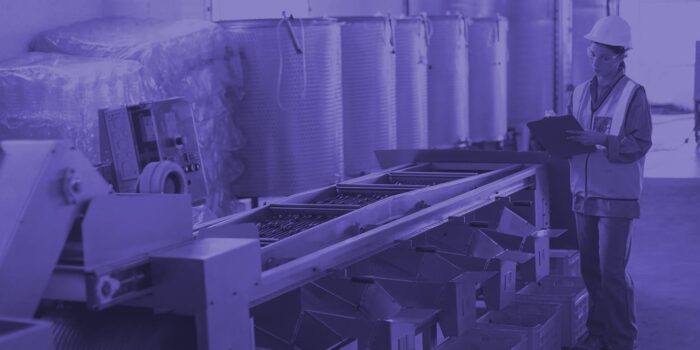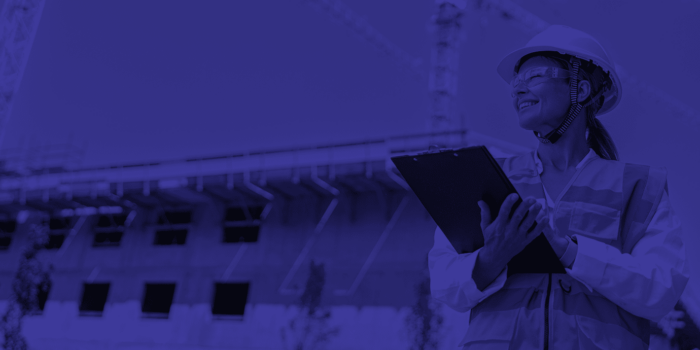To achieve superior performance, organizations must embrace robust Management Operating Systems (MOS) that empower every level of the organizational hierarchy. By embedding sustainability and operational behaviors into the DNA of daily activities, businesses can ensure consistency, accountability, and long-term success.
In this article, we explore how organizations can drive measurable improvements in sustainability, environmental health, safety (EHS), and overall operational performance through a well-implemented MOS.
The Role of MOS in Driving Sustainable Performance
A mature MOS does more than just track performance—it actively engages every team member, ensuring that sustainability behaviors and core operational imperatives are consistently practiced. The strength of an organization’s performance is not determined by its top performers but by its ability to uplift its weakest links.
Key MOS Benefits:
-
Engagement Across All Levels: Creates recurring opportunities for all employees to participate in sustainability and operational discussions.
-
Consistency in Behaviors: Ensures that sustainable and EHS practices are not optional but part of everyday routines.
-
Enhanced Accountability: Assigns clear ownership for key initiatives, driving follow-through and results.
Action Steps:
-
Conduct periodic assessments to identify gaps in operational and sustainability practices across all teams.
-
Develop MOS structures that integrate sustainability and EHS metrics into daily workflows.
-
Ensure leadership actively supports and models desired behaviors to reinforce accountability.
Key Components of a Robust MOS
A well-structured MOS provides the tools and frameworks needed to monitor, measure, and improve performance at every organizational level. Here are the essential components:
Recurring Meetings: Regular team meetings ensure transparency and engagement while reinforcing sustainability and operational goals.
-
-
Schedule daily or weekly meetings that include EHS and sustainability updates.
-
Incorporate a “safety moment” or sustainability share into all meetings to promote awareness and discussion.
-
Use these forums to share learnings and address challenges collaboratively.
-
Key Performance Indicator (KPI) Trees: KPIs cascade from high-level corporate objectives to specific, actionable metrics at every organizational level.
-
-
Develop measurable KPIs tied to sustainability and EHS goals.
-
Break down these KPIs into actionable targets for each team or department.
-
Review KPI progress frequently to identify areas for improvement and celebrate achievements.
-
Action Logs: Tracks proactive and corrective actions to address identified issues and opportunities.
-
-
Maintain a centralized action log to capture issues, responsibilities, and due dates.
-
Regularly review the log during team meetings to ensure follow-up and resolution.
-
Hold team members accountable for completing assigned actions.
-
Sustainability Embedded in Daily Operations
Driving sustainability through an MOS requires consistent and intentional effort. Every employee, from the top floor to the shop floor, must be engaged and accountable.
Best Practices for Embedding Sustainability:
-
Introduce sustainability training sessions during recurring meetings.
-
Create shared accountability by incorporating sustainability metrics into team performance evaluations.
-
Leverage success stories to demonstrate the impact of collective efforts and inspire further engagement.
Action Steps:
-
Develop learning materials and tools to make sustainability principles accessible and relatable.
-
Host interactive workshops that enable teams to practice and refine their sustainability practices.
-
Recognize and reward individuals and teams for their contributions to sustainability initiatives.
Building Agility Through Continuous Improvement
A robust MOS fosters agility, allowing organizations to adapt quickly to challenges and evolving market conditions. By promoting continuous improvement, businesses can maintain high standards of performance and sustainability.
Strategies for Continuous Improvement:
-
Implement regular audits to assess the effectiveness of MOS practices and identify opportunities for enhancement.
-
Encourage cross-functional collaboration to generate innovative solutions.
-
Adapt MOS elements to reflect new technologies, market trends, and stakeholder expectations.
Action Steps:
-
Schedule periodic reviews of MOS structures and processes to ensure alignment with business goals.
-
Involve employees from different levels and departments in continuous improvement initiatives.
-
Benchmark performance against industry standards to remain competitive and forward-thinking.
A robust Management Operating System provides the framework to drive sustainability and EHS behaviors across the organization while fostering engagement, consistency, and continuous improvement.
By aligning every team member with clear goals and actionable steps, organizations can achieve measurable improvements in performance and resilience. Let’s work together to implement an MOS that transforms your operations and drives long-term success.




